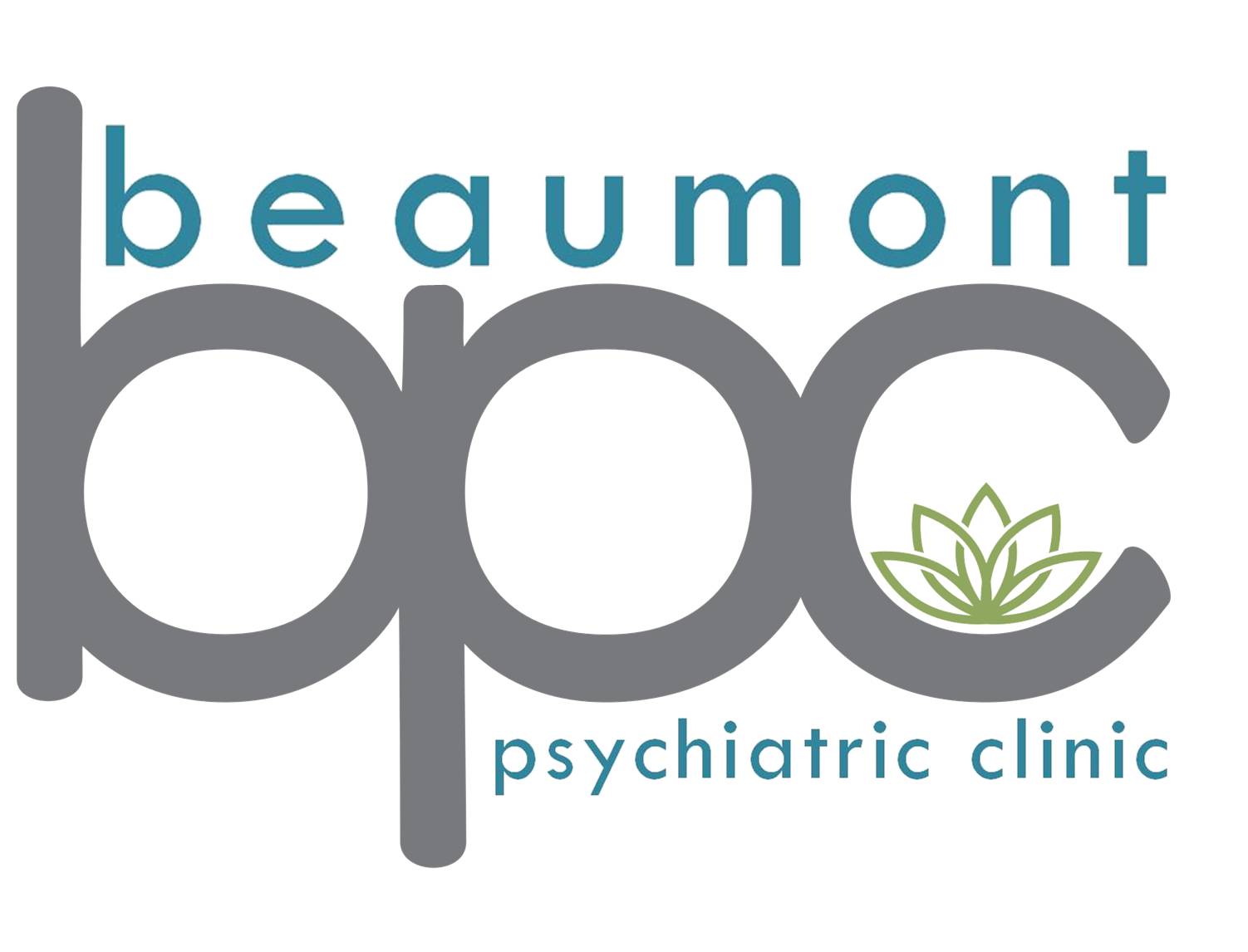
If the problems in your life are stopping you from functioning well or feeling good, professional help can make a big difference. And if you’re having trouble, know that you are not alone: Mental health disorders are real, common and often treatable. The 2012 National Survey on Drug Use and Health by the US Government’s Substance Abuse and Mental Health Services Administration estimated that approximately 1 in 5 American adults (nearly 44 million people) and 13-20% of children living in the United States will experience a diagnosable mental health disorder in a given year.
5 reasons to consult with a mental health professional
The Department of Psychiatry at the University of Rochester School of Medicine provides the following top 5 reasons to consult with a mental health professional. (https://www.urmc.rochester.edu/mental-health-wellness/seek-help.aspx)
- The first is when you have thoughts, emotions or behaviors that are out of control, especially when they are affecting your relationships, your work or your sense of well-being. Never feel embarrassed to ask for help at times when you are upset or depressed.
- Next is when you are struggling to deal with life’s painful challenges – such as a major illness, the loss of a loved one, divorce or job problems. These issues may be your own, but could also include those of others you care about.
- The third is when the use of alcohol or drugs interferes with your health, your emotions, your relationships, your job or your ability to fulfill your daily responsibilities.
- Another is when you are confused, fraught with emotions and need the perspectives of a caring yet unbiased person to help sort among difficult choices.
- And lastly, when you feel that life is no longer worth living, that you are hopeless and have reached the end of the line, and you would rather die than feel the pain of the present. In the midst of such distress, you are not prepared to make life-or-death decisions. Ask for help.
Most people who seek help feel better. A thorough evaluation by a mental health professional will identify a diagnosis and determine a treatment plan. Treatment for a mental health issue can include medication and psychotherapy. In some cases, the two work well together. If a diagnosis leads to a treatment plan that includes medication, a psychiatrist will help determine the appropriate medication and dose.
Diagnosis of mental health problems such as bipolar disorder, psychosis, or schizophrenia require medications as part of treatment. On the other hand, depression and anxiety are two conditions that often don’t require drugs, and for which psychotherapy may be more beneficial.
A psychiatrist is a medical doctor who can prescribe medication. Psychiatrists attend medical school training in the full range of all branches of medicine. After graduating medical school, a psychiatrist gets further education to learn how to assess mental illness and how to treat mental health problems with medicine. A psychologist is someone who has earned an advanced degree in how to identify and treat mental health disorders using non-medical means (i.e., talk therapy, not drugs).
But these are broad generalizations. Mental health disorders are diagnoses of exclusion – meaning physical diseases need to be eliminated as the cause before a diagnosis can be made that a person is suffering from a mental health disorder. Many of the same symptoms seen with depression could be caused by hypothyroidism, some cancers, infectious processes, or some other neurological disorders. Someone who is trained to identify and differentiate among these underlying factors—a psychiatrist, for example, but also a physician or general practitioner—may be a better person to see first when trying to determine a problem’s cause.
A psychiatrist will be the best place to start for patients with a complicated medical history, neurological problems, or acute illness. Beaumont Psychiatric provides a thorough evaluation, medication management and patient education. Our belief is that the patient benefits most by following the psychiatric evaluation with a dynamic and in-depth plan of action which is focused on the emotional and physical health of the patient. This treatment plan typically includes psychopharmacologic medication management and psychotherapy.
